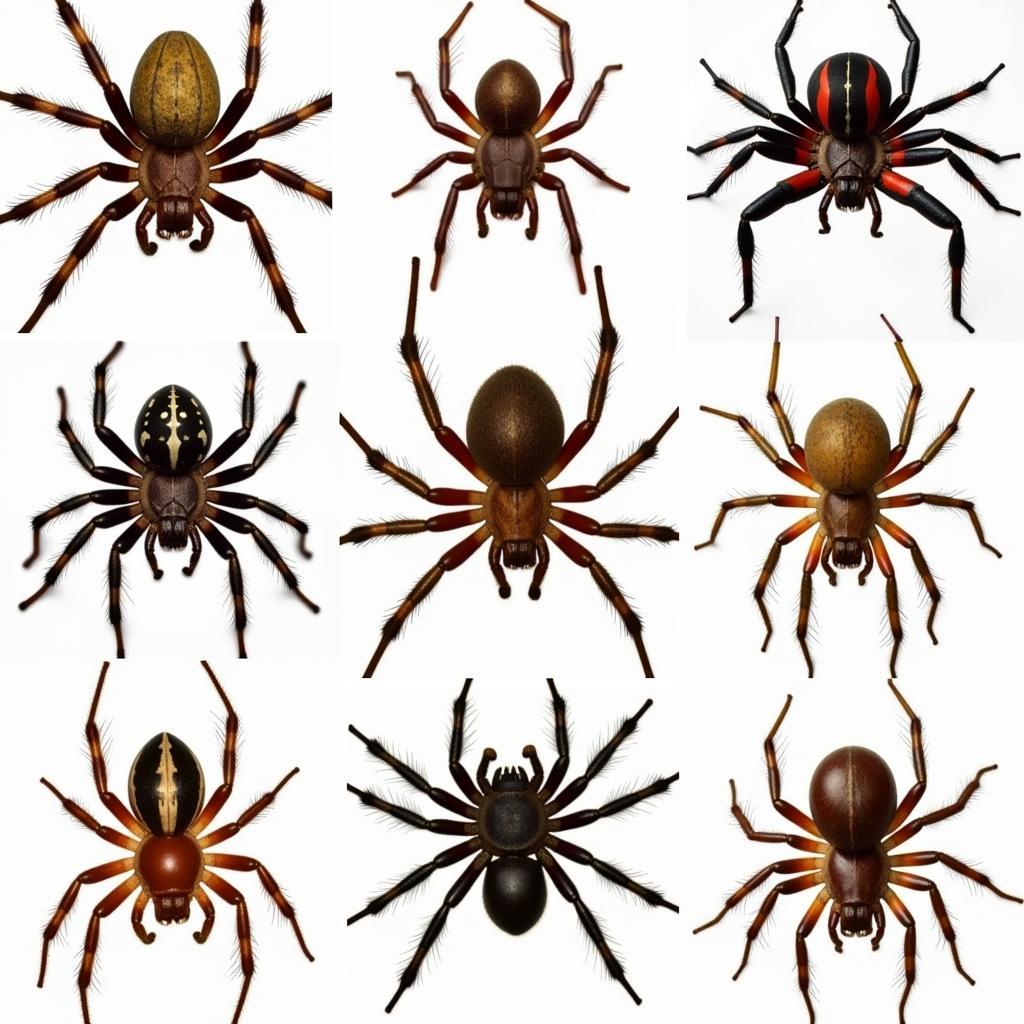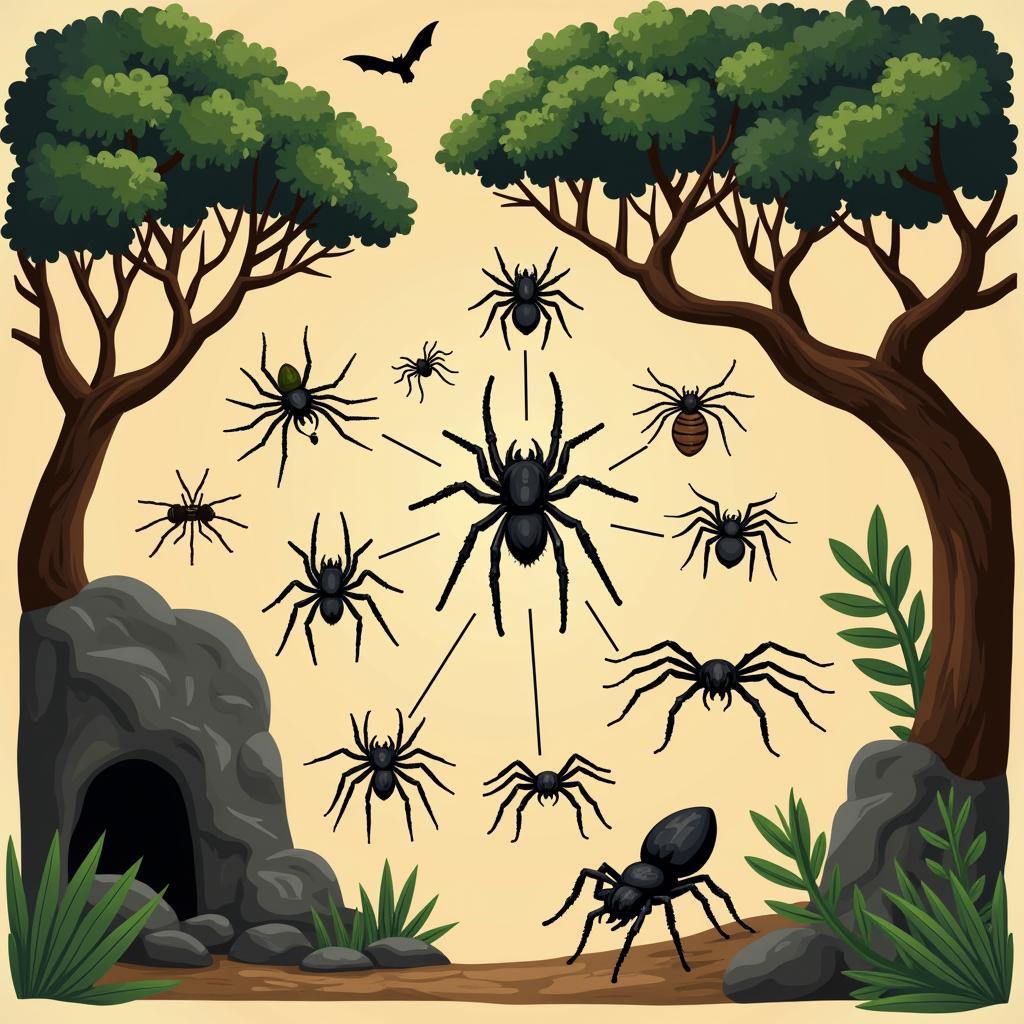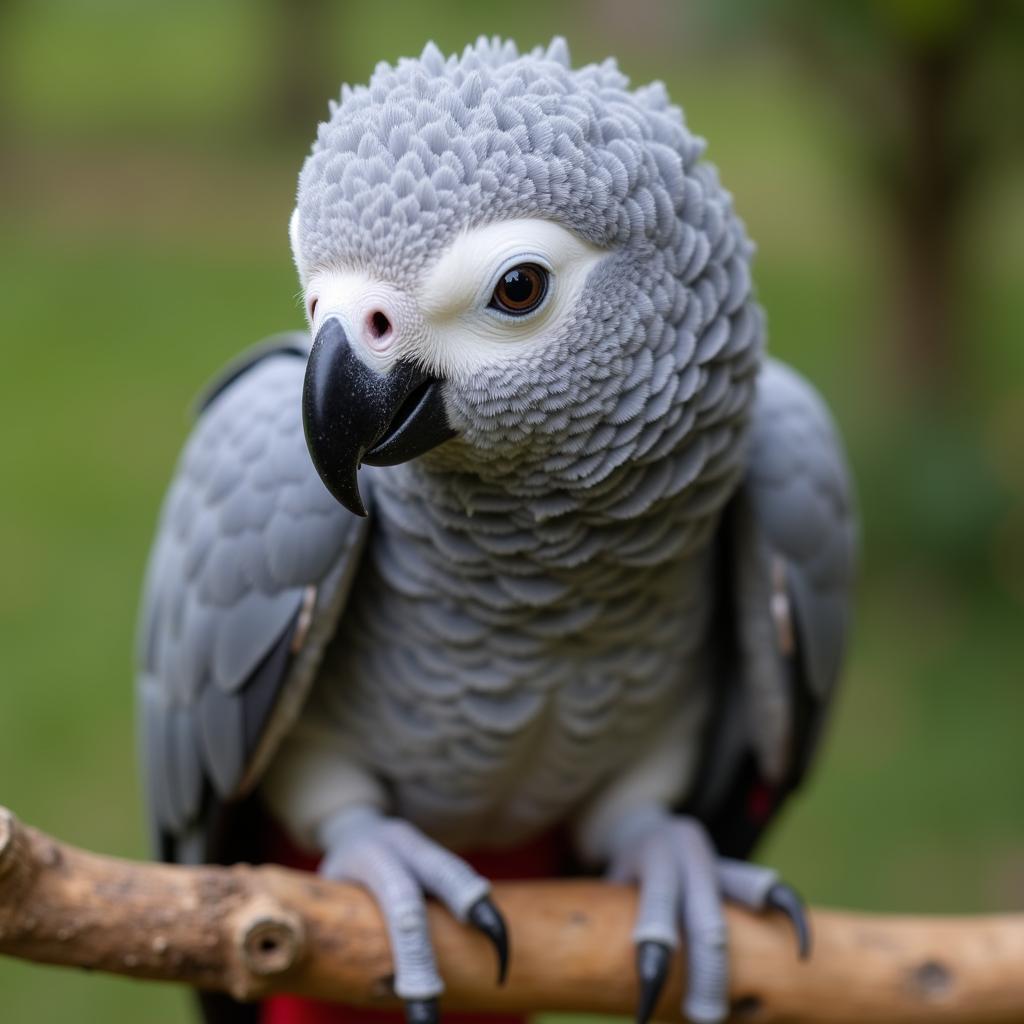African Cave Dwelling Spiders: Separating Fact from Fear Factor
African cave dwelling spiders often conjure images of large, venomous creatures lurking in the dark. While some spiders do call caves home, the reality is often less terrifying than the “fear factor” portrays. Let’s delve into the fascinating world of these arachnids, separating fact from fiction and exploring the diversity of spider species found in African caves.
Unveiling the Mysteries of African Cave Dwelling Spiders
Caves, with their unique ecosystems, provide a haven for a variety of specialized species, including spiders. These environments, characterized by low light and high humidity, offer a different set of challenges and opportunities compared to surface habitats. This has led to some fascinating adaptations in cave-dwelling spiders, particularly in their sensory systems and hunting strategies. Contrary to popular belief, not all cave spiders are large, aggressive, or highly venomous. In fact, many are small, harmless, and play a vital role in the cave ecosystem.
Debunking the Myths: Are All African Cave Spiders Dangerous?
The fear factor surrounding African cave dwelling spiders is often exaggerated. While some venomous spiders may inhabit caves, they are not necessarily more dangerous than spiders found in other environments. It’s crucial to remember that spiders generally avoid human contact and only bite in self-defense.
Many cave spiders have evolved reduced eyesight, relying instead on vibrations and other sensory cues to navigate and hunt. Some species have even lost their pigmentation due to the lack of light. These adaptations make them well-suited to their subterranean environment but don’t necessarily make them more dangerous to humans.
The size and venom potency of African cave dwelling spiders vary greatly depending on the species. Some are tiny, measuring only a few millimeters, while others can have a leg span of several centimeters. Similarly, their venom ranges from mild to medically significant, though serious bites from cave spiders are rare.
Exploring the Diversity of Cave Spider Species in Africa
Africa is home to a rich diversity of spider species, and many have adapted to cave life. These spiders belong to various families and exhibit a range of adaptations to their unique environment. Some common cave-dwelling spider families in Africa include the huntsman spiders (Sparassidae), trapdoor spiders (Ctenizidae), and cave cobweb spiders (Pholcidae).
Each family has its own unique characteristics and behaviors. For example, huntsman spiders are known for their speed and agility, while trapdoor spiders construct burrows with hinged doors to ambush prey. Cave cobweb spiders, with their long, delicate legs, build tangled webs to capture insects.
Researchers are still discovering new species of cave spiders in Africa, highlighting the vast unexplored biodiversity of these subterranean ecosystems. Studying these spiders can provide valuable insights into evolutionary processes and the intricate web of life within caves.
 African cave spider diversity species
African cave spider diversity species
What are Common Misconceptions About African Cave Spiders?
One common misconception is that all cave spiders are large and aggressive. This is simply not true. Many cave spiders are small and prefer to avoid contact with humans. Another misconception is that all cave spiders are highly venomous. While some species possess potent venom, many others have venom that is relatively harmless to humans.
Dr. Khadija Mwanga, a leading arachnologist at the University of Dar es Salaam, explains, “The fear surrounding cave spiders is often disproportionate to the actual threat they pose. Most bites are defensive and occur when the spider feels threatened.”
Another expert, Dr. Abasi Adebayo, a researcher specializing in cave ecosystems at the University of Ibadan, adds, “Cave spiders are integral to the delicate balance of their environment. They play a crucial role in controlling insect populations and contribute to the overall health of the cave ecosystem.”
 African cave spider ecosystem role
African cave spider ecosystem role
Conclusion: Appreciating African Cave Dwelling Spiders
African cave dwelling spiders, rather than being objects of fear, are fascinating creatures that have adapted to a unique and challenging environment. Understanding their biology, behavior, and ecological role helps dispel the myths and allows us to appreciate the intricate biodiversity of African caves. By separating fact from fear factor, we can gain a deeper understanding and appreciation for these often misunderstood creatures.
FAQ
-
Are all African cave spiders venomous? No, not all African cave spiders are venomous, and even those that are, their venom varies in potency.
-
What do African cave spiders eat? African cave spiders primarily feed on insects and other invertebrates found within the cave environment.
-
How do African cave spiders navigate in the dark? Many cave spiders have adapted to low-light conditions by relying on vibrations and other sensory cues rather than sight.
-
Are African cave spiders aggressive towards humans? Generally, cave spiders are not aggressive and will only bite if they feel threatened.
-
What should I do if I get bitten by a cave spider in Africa? If bitten, it’s important to seek medical attention, especially if you experience any adverse reactions.
-
How can I learn more about African cave dwelling spiders? You can find more information through reputable sources like scientific journals, books, and online databases dedicated to arachnology.
-
Are there any protected cave spider species in Africa? Yes, some cave spider species in Africa may be protected due to their rarity or the vulnerability of their habitat.
Other Related Questions
- What other creatures live in African caves?
- What are the biggest threats to African cave ecosystems?
- How can we help conserve cave-dwelling species in Africa?
For more information on African wildlife and culture, explore other articles on our website.
When you need assistance, please contact us: Phone: +255768904061, Email: kaka.mag@gmail.com or visit us at Mbarali DC Mawindi, Kangaga, Tanzania. We have a 24/7 customer service team.

